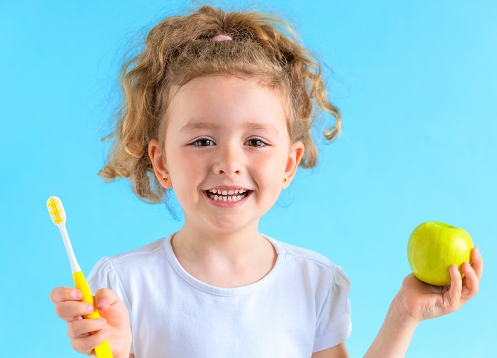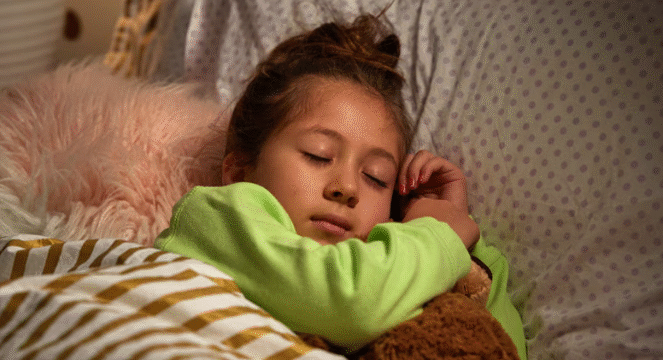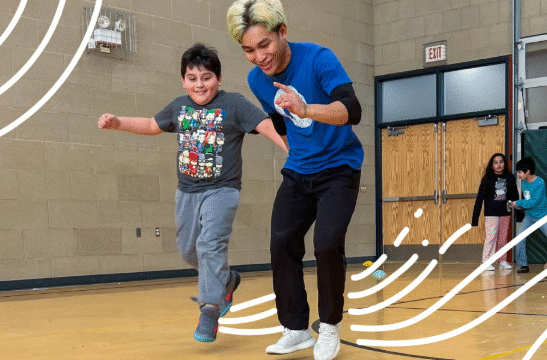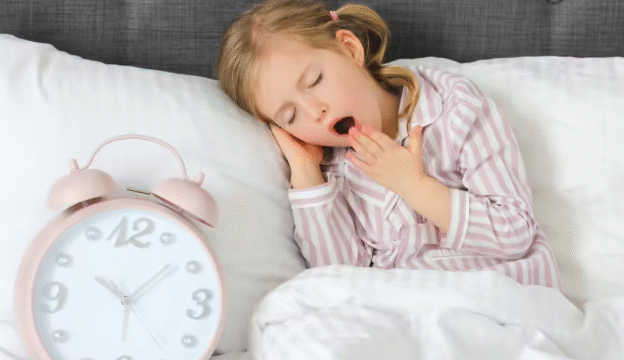Establishing healthy habits in childhood lays the foundation for a lifetime of well-being. The earlier children adopt positive routines, the more naturally they carry them into adulthood. While it may seem challenging to introduce habits at a young age, the key is to make them simple, consistent, and enjoyable. By focusing on small, daily rituals, parents and caregivers can guide children toward a healthy lifestyle without turning it into a source of stress or pressure.
One of the most important areas to focus on is nutrition. Children are naturally curious and eager to explore new tastes and textures, which makes mealtime a perfect opportunity to introduce healthy habits. Instead of overwhelming them with strict dietary rules, simple rituals such as involving children in meal preparation can make a big difference. When children help wash vegetables, stir ingredients, or set the table, they develop a positive relationship with food. Over time, these small actions become a natural part of their routine and help them understand the value of balanced nutrition.
Equally essential is the ritual of hydration. Encouraging children to drink water at specific times of the day, such as after waking up, before meals, or after outdoor play, instills the habit of maintaining proper hydration. Parents can make this practice fun by using colorful cups or letting children track their water intake on a chart. By turning hydration into a simple, repeated ritual, children learn the importance of taking care of their bodies from a young age.
Sleep routines also play a crucial role in a child’s overall health. Children thrive on consistency, and a predictable bedtime routine can provide comfort while promoting better sleep quality. Simple rituals, such as reading a short story, dimming the lights, and turning off screens, help signal to a child that it is time to wind down. Over time, these rituals reduce bedtime resistance and make sleep a positive experience. In addition, consistent sleep schedules support physical growth, mental development, and emotional regulation, all of which are vital for young children.
Physical activity is another cornerstone of healthy development. Encouraging movement through playful rituals can make exercise enjoyable rather than a chore. For instance, families can incorporate a short morning stretch, an after-school walk, or a dance session to a favorite song. These small, consistent activities teach children that staying active is not only beneficial but also fun. By embedding movement into daily routines, children naturally adopt an active lifestyle without feeling pressured.
Hygiene practices are equally important, and teaching them through simple rituals ensures consistency. Brushing teeth twice a day, washing hands before meals, and bathing regularly are habits that can be reinforced through repetition and positive reinforcement. Singing a favorite song while brushing teeth or turning handwashing into a playful game can make these tasks enjoyable for children. Over time, these small rituals become second nature, helping children maintain good hygiene effortlessly.
Mindfulness and emotional well-being can also be nurtured through small daily practices. Teaching children to pause, take deep breaths, or express gratitude helps them develop emotional awareness and resilience. A morning ritual of sharing something they are thankful for, or an evening reflection on their day, encourages mindfulness and strengthens parent-child communication. Simple rituals like these teach children to manage emotions constructively, which is a critical skill for social and academic success.
Consistency is key when introducing any habit, and parents can support this by modeling the behaviors they wish to instill. Children learn by observing adults, so demonstrating healthy practices, such as eating balanced meals, exercising, and practicing good hygiene, reinforces the lessons in a natural and meaningful way. When children see adults integrating healthy rituals into daily life, they are more likely to adopt them themselves.
Celebrating small achievements also reinforces positive behavior. Praising children for completing their bedtime routine, trying a new vegetable, or participating in physical activity builds confidence and motivation. Simple rewards, such as stickers, verbal encouragement, or extra playtime, can make these rituals feel rewarding without becoming dependent on material incentives. Over time, children internalize the value of these practices and begin to take pride in maintaining them independently.
The home environment plays a significant role in supporting healthy habits. Creating spaces that encourage activity, rest, and learning can make rituals easier to maintain. For example, having a designated reading corner fosters a love of books, while organizing toys and sports equipment encourages play and movement. When children can access resources easily, they are more likely to engage in healthy behaviors consistently.
It is also important to approach habits with flexibility. Children’s needs and interests evolve as they grow, so rituals may need to adapt. Introducing variety, such as different physical activities or new recipes, keeps routines engaging and prevents boredom. Allowing children to participate in shaping these rituals gives them a sense of ownership, making them more likely to continue the habits willingly.
While technology is an integral part of modern life, managing screen time is a crucial habit for children to learn early. Establishing specific times for digital use and encouraging offline activities ensures balance. Rituals such as a “tech-free hour” before dinner or a shared family activity in the evening promote social interaction and creativity while reducing reliance on screens. By creating predictable boundaries around technology, children develop a healthy relationship with digital devices.
Finally, fostering social skills and empathy can be incorporated into daily rituals. Encouraging children to share, say thank you, or help with simple household tasks teaches respect, kindness, and cooperation. Consistently practicing these behaviors helps children understand the importance of positive interactions and builds a strong foundation for healthy relationships.
In conclusion, healthy habits for children do not need to be complicated or strict. By focusing on simple, consistent rituals, parents and caregivers can guide children toward a balanced and fulfilling lifestyle. From nutrition and hydration to sleep, physical activity, hygiene, mindfulness, and social skills, these small daily practices become powerful tools for lifelong well-being. The key is to make them enjoyable, adaptable, and modeled by adults, allowing children to learn naturally and confidently. With patience and encouragement, simple rituals transform into enduring habits that support growth, resilience, and happiness.






